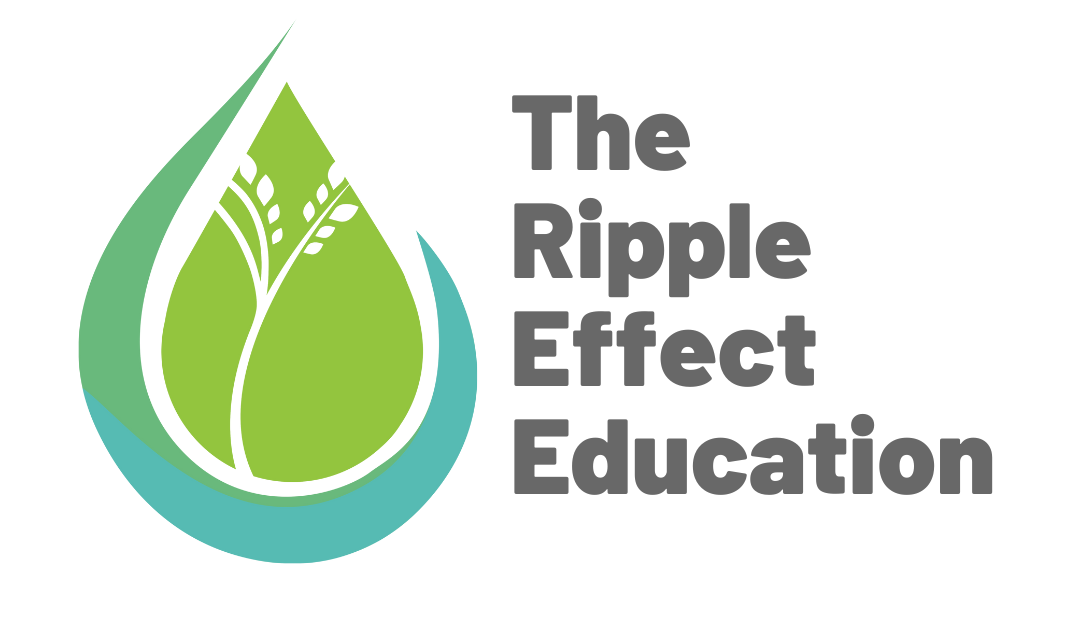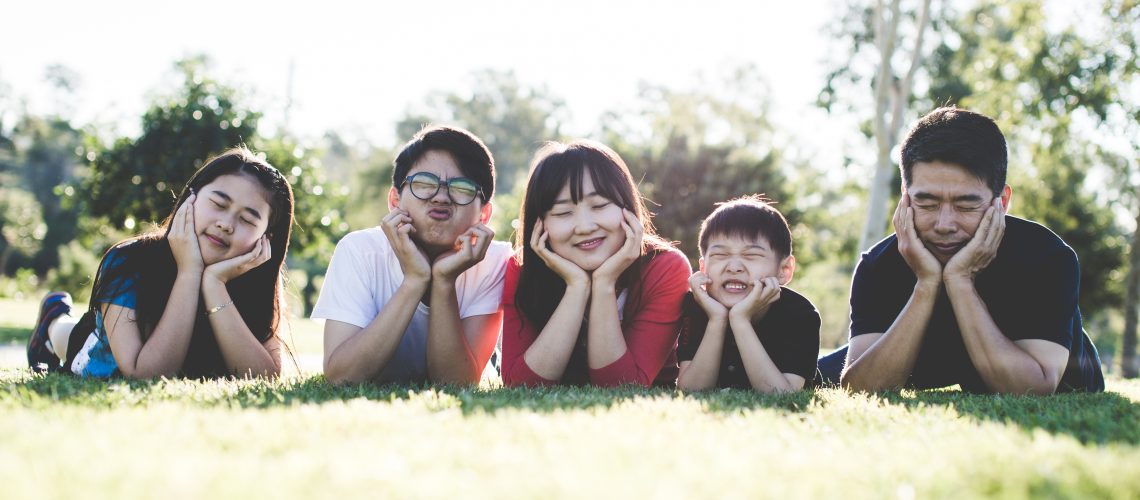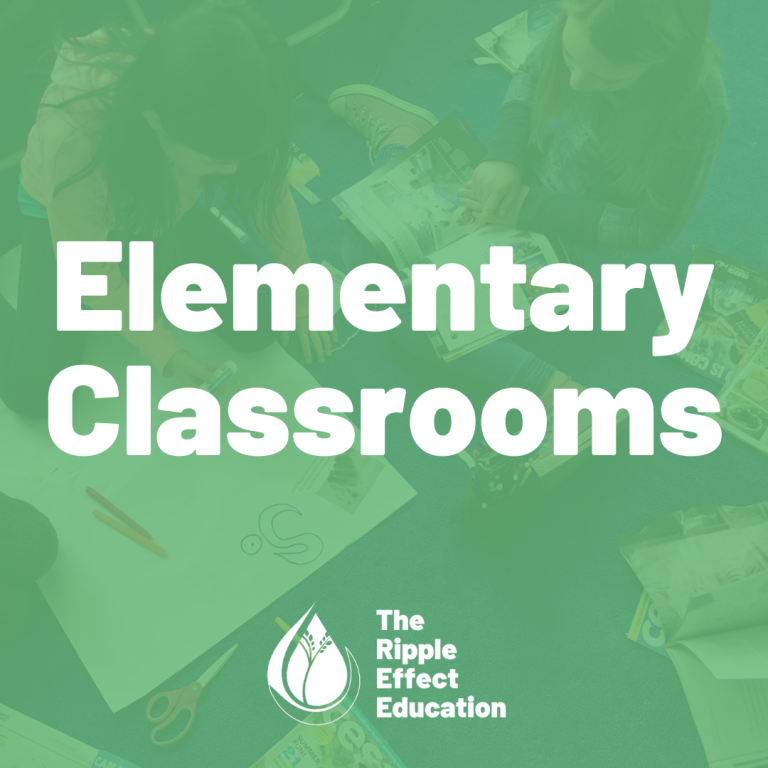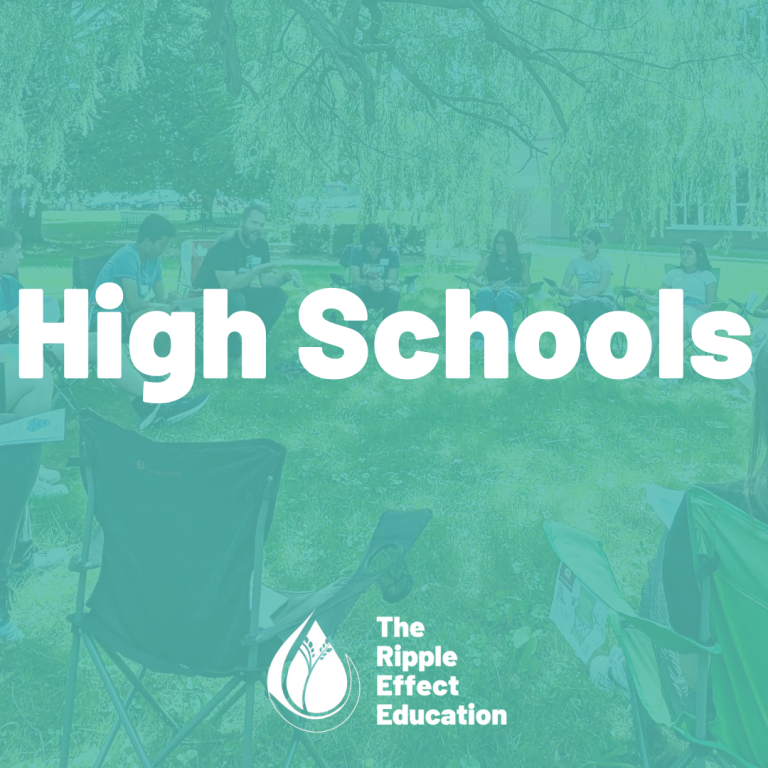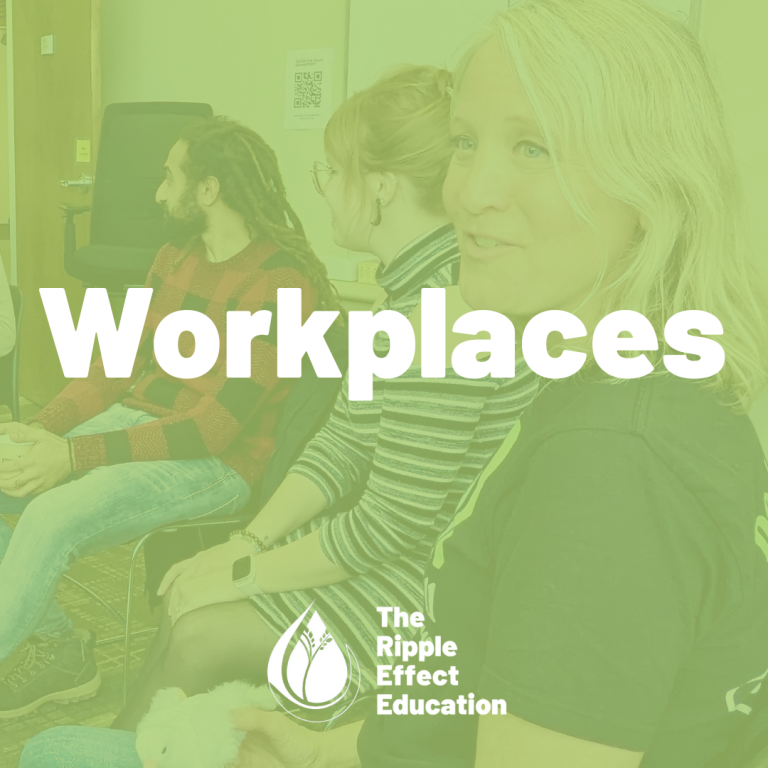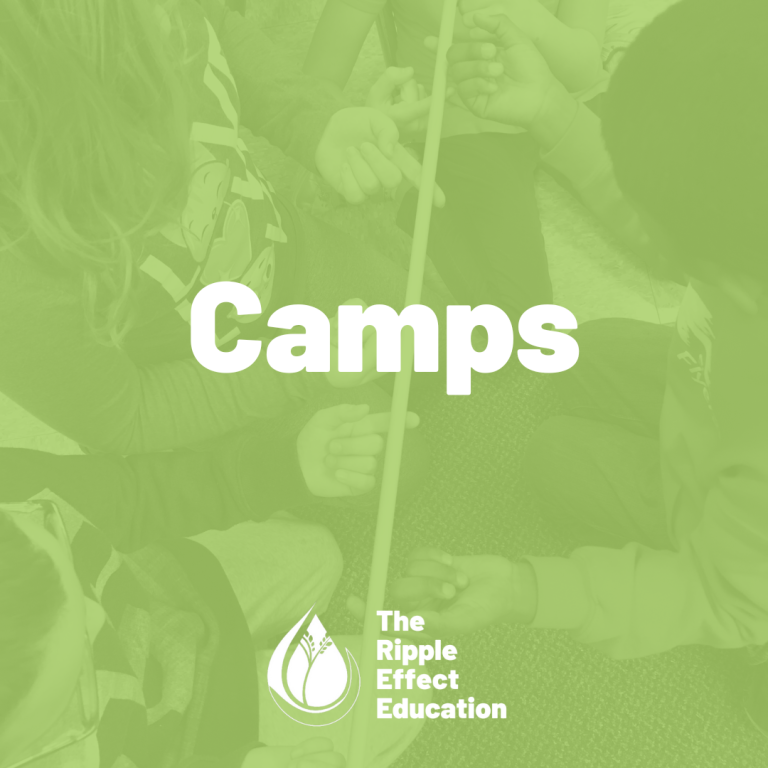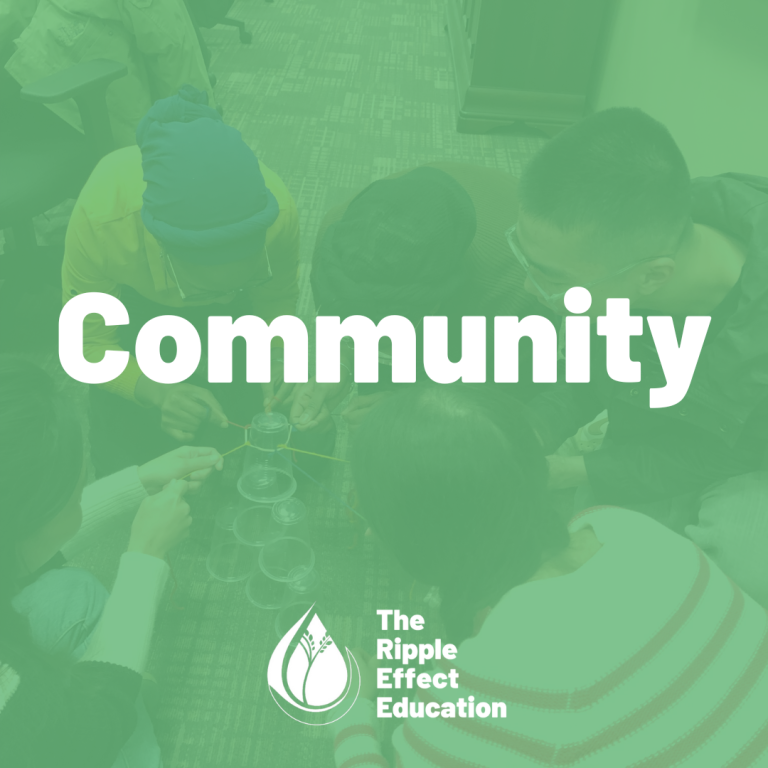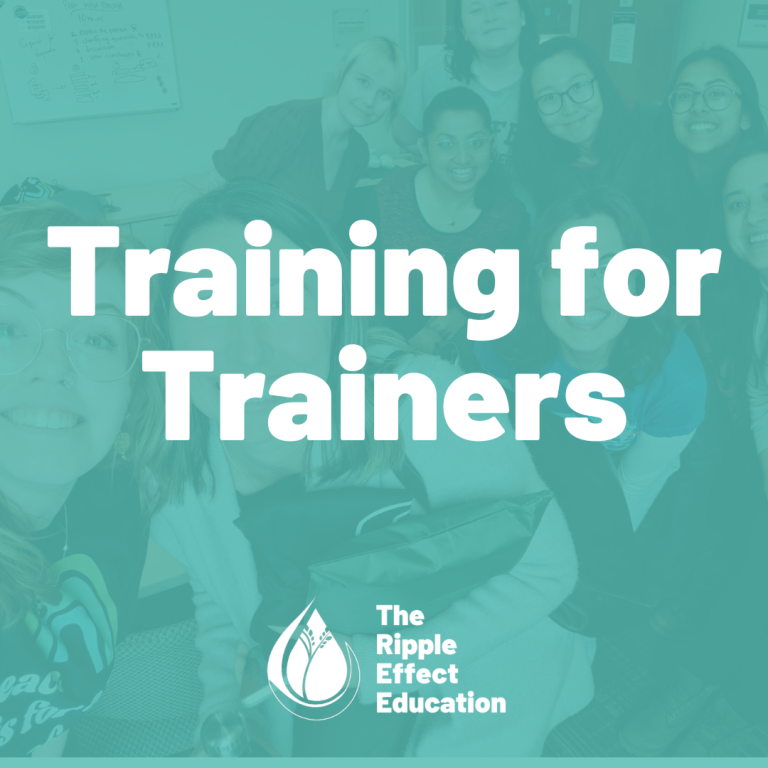When someone asks you how you’re doing, do you ever respond with an automatic “good” or “fine” out of habit? It’s something most of us do from time to time. We often don’t think about how we are feeling and how it impacts the way we interact with others.
The truth is, however, the way we feel is significant. Not only does it influence our mood, but also the way we interact with people around us and our ability to effectively handle conflict. Clearly, it’s important to be in tune with how you are feeling. This skill is called emotional intelligence, which is defined by dictionary.com as “the capacity to be aware of, control, and express one’s emotions, and to handle interpersonal relationships judiciously and empathetically.”
If you’re reading this and wishing you were more emotionally intelligent, you’re in luck. I want to share some tips for developing emotional intelligence and helping the youth in our lives to build it for themselves to connect better with others and increase self-awareness.
Self-awareness and emotional intelligence are skills that everyone can develop, but much like any other skill, you must practice it.
Self-reflection is a great place to start. It can be as simple as recognizing emotions and tracing a feeling to the root cause. Increasing the ability to reflect on our day allows us to not only able to pinpoint how we feel in the moment but trace back through the events that have led to those feelings.
Seeing adults model emotional intelligence is a powerful example for youth to know that it’s okay to talk about their feelings and to learn how to communicate them effectively. When young people see their families or teachers speak honestly about their emotions, they learn that it is a healthy way to process their feelings and share them with others.
Way before I studied peace and conflict, I had a phenomenal Grade 7 teacher, who encouraged her students to practice emotional self-awareness. Every morning, she asked us, “How are you today?” We were not allowed to use “okay” or “good” in our responses. Seeing role models communicate emotions in a healthy way reinforces the notion that feelings, and talking about our feelings, is not a negative or embarrassing thing. Learning how to reflect on my emotions and develop a strong internal barometer has been an impactful lesson that I have carried with me in the decade since then.
When they are encouraged to honestly share how they’re feeling, for example with, “I’m a bit grumpy today” or “I’m tired,” youth learn they can be authentic with themselves and others. Additionally, recognizing when we aren’t feeling our best can help us to find ways to feel better, and think about how our feelings may impact our interactions with others.
Having a strong sense of self-awareness allows us to be mindful of our feelings so that when we interact with others we can effectively manage our emotions and find ways to communicate how we feel.
Here are two practical things you can do build emotional intelligence with the youth in your life today.
First, to promote self-reflection with youth we must model self-reflection. Don’t be afraid to be honest with sharing how you are feeling because it shows youth that they can be honest with you!
Secondly, ask questions. To build self-awareness in youth, try to ask open-ended questions like,
- “How are you feeling?”
- “What happened today?”
- “Tell me about your day.”
Open-ended questions invite youth to share their experiences in their own words. Simply asking how someone feels and opening that conversation without judgment is a great start. Additionally, asking follow-up questions help people to pinpoint their feelings and dig deep to the root cause of that emotion.
Emotional intelligence is a skill that we can continually work on. It won’t change overnight, but over time small changes will help you and the youth in your life for years to come.

Kaitlyn Skelly holds a BA from the University of Waterloo, where she studied Speech Communication, History, and Peace and Conflict Studies. Her undergrad thesis focused on positive and negative interpersonal communication modelled on the popular TV show, Friends. Her interest in mental health and peace education led her to become a Peace Camp director, and a communication intern at To Write Love on Her Arms in Melbourne, Florida. She believes that sharing the stories of our lived experience is how we make meaning of the world around us and learn how to better understand one another. One of her favourite methods of storytelling is through writing. Find more of her work on her blog, A Heart of Glass.
